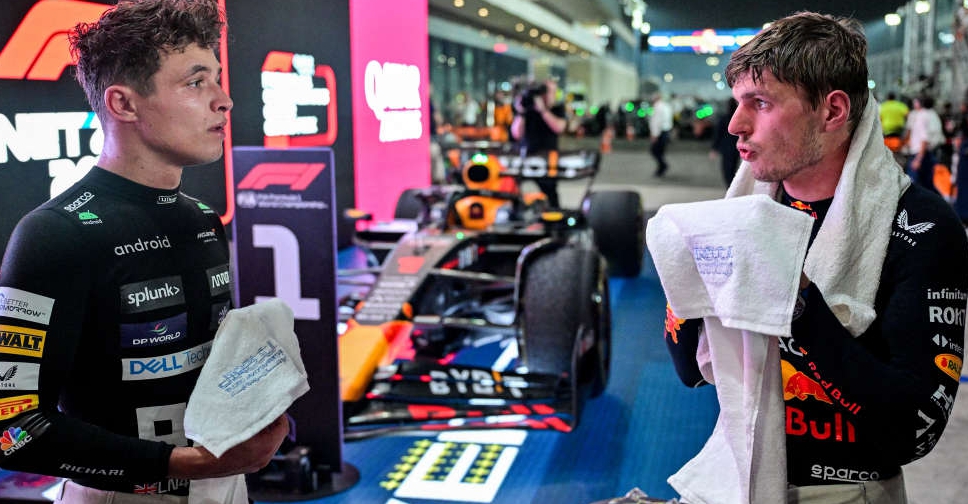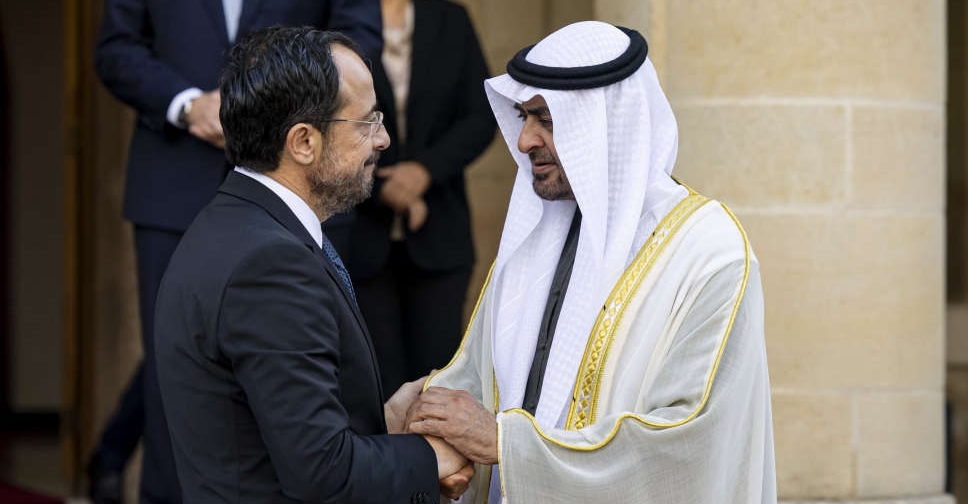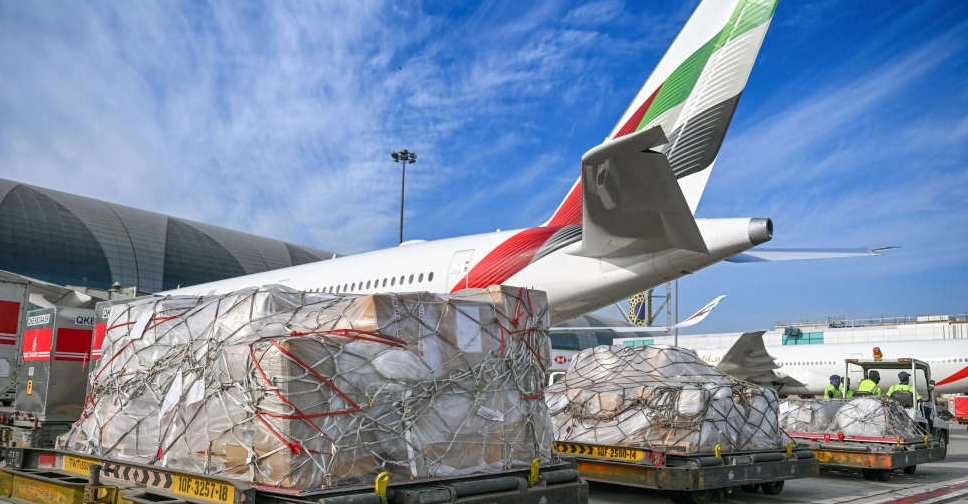
Formula One's governing body will take action to protect drivers from the sort of extreme heat and humidity they suffered during Sunday's Qatar Grand Prix, it said on Monday.
Some of those racing in the heat ended up on the verge of collapse, vomiting and severely dehydrated after the chequered flag while Williams' rookie Logan Sargeant felt too ill to continue.
The International Automobile Federation said in a statement it had "begun an analysis into the situation in Qatar to provide recommendations for future situations of extreme weather conditions.
"Measures may include guidance for competitors, research into modifications for more efficient airflow in the cockpit, and recommendations for changes to the calendar to align with acceptable climatic conditions, amongst others.
"Research from other series, such as cross-country events in extreme climates, will be examined for potential applications to circuit events."
The FIA said measures would be discussed at a meeting of its medical commission in Paris.
The track temperature during the night race at the Lusail circuit, where Red Bull's Max Verstappen claimed a third world title, never dropped below 36 degrees Celsius, while daytime temperatures exceeded 40 degrees.
The FIA noted that next year's race in Qatar will be held in December, when temperatures should be lower, but said it preferred "to take material action now to avoid a repeat of this scenario.
"While being elite athletes, they should not be expected to compete under conditions that could jeopardise their health or safety," it said.
Verstappen told reporters on Sunday that "some of the guys who were struggling today are extremely fit, probably even fitter than me, but just the whole day it's like you’re walking around in a sauna".
The inaugural Qatar Grand Prix in 2021 was held in late November. There was no race in 2022 due to the country hosting the football World Cup.
The calendar, which now has four races in the Middle East, is put together by the commercial rights holder and then approved by the FIA.
The Middle Eastern rounds are usually scheduled at the beginning and end of the calendar to avoid the hottest months. Next year's calendar is scheduled to have a record 24 rounds.
Drivers have also struggled in the heat and humidity in Singapore and Miami.




 Mid East Falcons win inaugural United Series Championship in Dubai
Mid East Falcons win inaugural United Series Championship in Dubai
 UAE to face Morocco in FIFA Arab Cup semi-final
UAE to face Morocco in FIFA Arab Cup semi-final
 Man City beat Palace, Villa edge West Ham in five-goal thriller
Man City beat Palace, Villa edge West Ham in five-goal thriller
 Rodrygo's winner lifts Real Madrid past Alaves to end losing streak
Rodrygo's winner lifts Real Madrid past Alaves to end losing streak
 Mid East Falcons win the inaugural United Series Championship in Dubai
Mid East Falcons win the inaugural United Series Championship in Dubai



